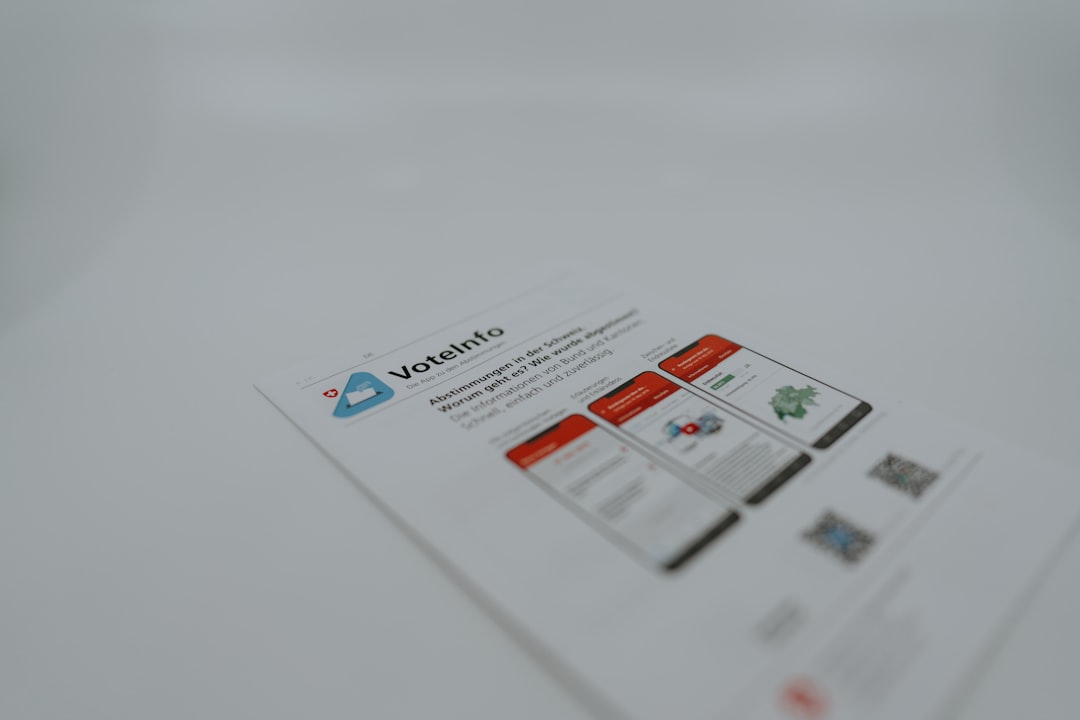Learning Management Systems (LMS) have become indispensable tools for educational institutions, businesses, and training organizations. Among the numerous options available, platforms like Moodle, Canvas, and Blackboard lead as the top choices worldwide. While each LMS offers unique features, a common concern for institutions and individual users alike is understanding the system requirements needed to operate these platforms effectively. Ensuring compatibility with the recommended hardware and software is crucial for optimal performance and user experience.
Moodle
Moodle is a widely-used open-source LMS known for its flexibility, scalability, and active community support.
- Server Requirements: Moodle can be installed on Linux, Windows, or macOS servers. A typical installation requires:
- Web Server: Apache, Nginx, or IIS
- Database: MySQL/MariaDB, PostgreSQL, or MS SQL
- PHP version: 7.4 or higher (8.0+ recommended for newer versions)
- Client Requirements: Moodle runs in standard web browsers. Supported browsers include:
- Google Chrome (latest version)
- Mozilla Firefox (latest version)
- Safari and Microsoft Edge (latest versions)
- Hardware Recommendations:
- Minimum RAM: 512MB (2GB+ recommended for optimal performance)
- CPU: Dual core 2GHz processor or better
- Disk space: At least 200MB for core system; additional space for course materials and file storage

Canvas
Canvas by Instructure is a cloud-native LMS popular among K–12 and higher education institutions due to its intuitive user interface and integration capabilities.
- Server Requirements: Canvas is hosted in the cloud by Instructure, so there’s no need for local server installation unless opting for the Open Source version. For the open-source version:
- Operating System: Ubuntu Linux
- Ruby on Rails and Node.js environments
- Database: PostgreSQL
- Memory: 4GB RAM minimum
- Client Requirements: Canvas needs a modern browser with JavaScript, cookies, and pop-ups enabled. Supported browsers include:
- Chrome (latest 2 versions)
- Firefox (latest 2 versions)
- Safari and Edge (latest versions)
- Hardware Recommendations:
- Modern dual-core CPU or higher
- At least 2GB RAM
- High-speed internet connectivity
Blackboard
Blackboard is a feature-rich LMS used extensively in academic and training environments, offering powerful tools for course management, content delivery, and user analytics.
- Server Requirements (for self-hosted deployments):
- Operating System: Windows Server or Red Hat Enterprise Linux
- CPU: 2.5GHz or faster multi-core processor
- RAM: Minimum 8GB (16GB recommended)
- Database: Oracle or MS SQL
- Java and Tomcat server required
- Client Requirements:
- Browser support includes Chrome, Firefox, Safari, and Edge
- JavaScript and cookies must be enabled
- Hardware Recommendations:
- Modern PC or Mac with at least 2GB RAM
- Audio capabilities and webcam for virtual classrooms
- Screen resolution: 1024×768 or higher

Conclusion
Each LMS caters to different needs and technical environments. Moodle is ideal for institutions wanting full control with open-source deployment. Canvas suits those looking for a cloud-first, user-friendly platform. Blackboard offers deep analytics and is well-suited for large institutions with robust infrastructure. Considering the system requirements before deployment ensures smooth operation and better user satisfaction.
FAQ
- Q: Can I run Moodle on a shared hosting plan?
A: Yes, but performance may be limited. It’s generally recommended to use a VPS or dedicated server for larger installations. - Q: Do I need to install Canvas on my local machine?
A: Only if you are using the open-source version. Otherwise, Canvas is available as a cloud service, eliminating the need for local hosting. - Q: Which LMS can work offline?
A: Moodle offers mobile apps that allow offline learning capabilities. Canvas and Blackboard have limited offline functionality through their mobile apps. - Q: Are mobile devices supported for all three LMS platforms?
A: Yes, all three offer official mobile apps for iOS and Android, optimized for both students and educators. - Q: Which LMS is best for small organizations with low budgets?
A: Moodle is often the preferred option due to its open-source nature and lack of licensing fees.


